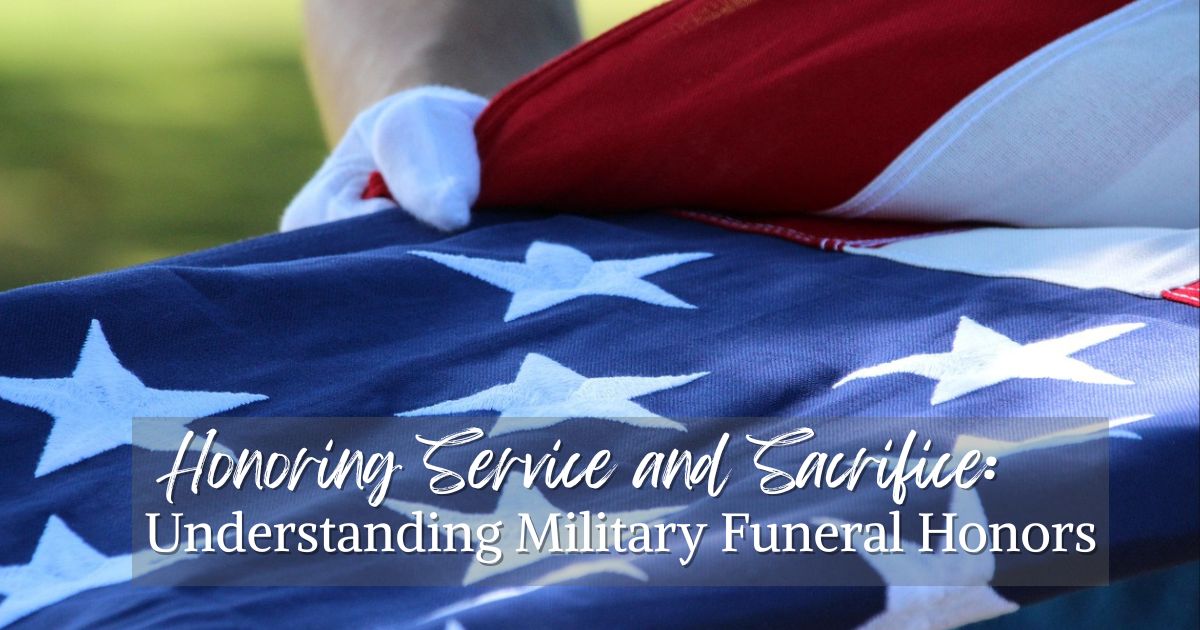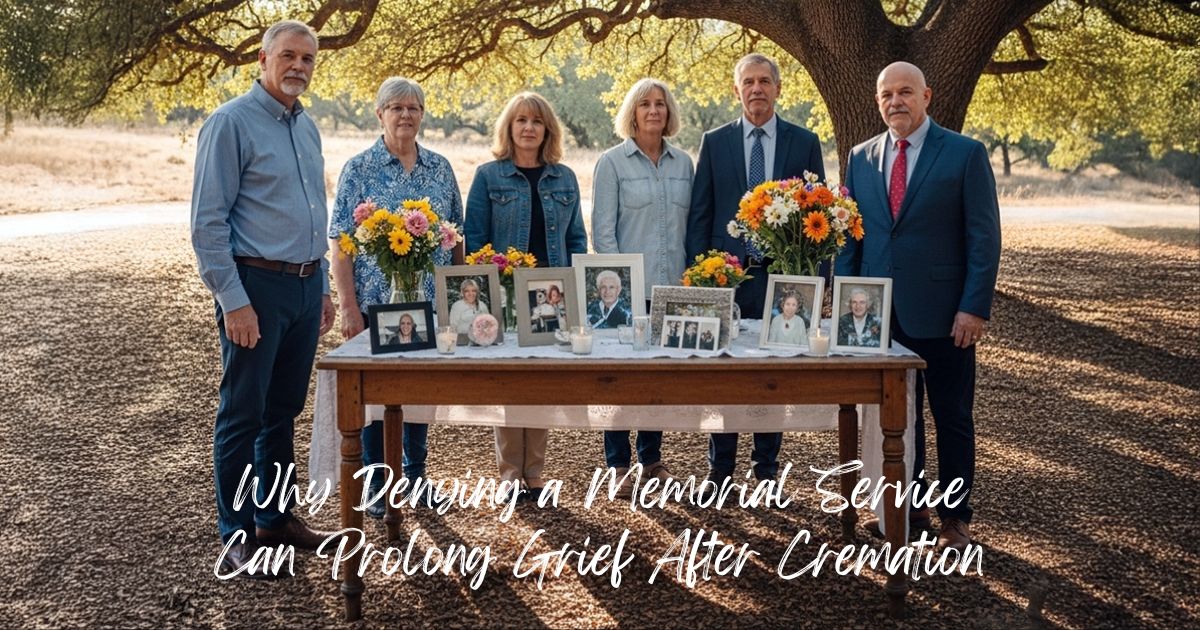
The passing of a veteran is a time to honor their service and sacrifice to their country. One of the most profound ways to do this is through a military funeral honors ceremony, a tribute mandated by law and provided free of charge to eligible veterans' families. This article offers guidance and support to families navigating this process, ensuring that their loved one receives the respect and recognition they deserve.
Eligibility for Military Funeral Honors
To receive military funeral honors, the deceased must meet specific criteria:- Be a member of the military on active duty or in the Selected Reserve.
- Be a former military member who served on active duty and departed under conditions other than dishonorable.
- Be a former military member who completed at least one term of enlistment or period of initial obligated service in the Selected Reserve and departed under conditions other than dishonorable.
- Be a former military member discharged from the Selected Reserve due to a disability incurred or aggravated in the line of duty.
To verify eligibility, families typically need to provide DD Form 214, Certificate of Release or Discharge from Active Duty, or any discharge document indicating honorable service.
Requesting Military Funeral Honors
The process of requesting military funeral honors is straightforward. Families can work with their chosen funeral director, who will act as a liaison with the appropriate military branch to arrange the details of the honor. This collaboration ensures that the ceremony is seamlessly integrated into the funeral arrangements and that all necessary protocols are followed.
What to Expect During the Ceremony
Federal law mandates that every eligible veteran receives a military funeral honors ceremony, which includes the folding and presenting of the U.S. flag and the playing of Taps, upon the family's request. Families should proactively request the American flag for the presentation by completing an Application for U.S. Flag for Burial Purposes form and providing a copy along with the veteran's discharge papers. Additionally, a Presidential Memorial Certificate, an engraved paper certificate signed by the current president, can be requested by the family at any VA regional office or by mail.
During the service, a flag will be draped over the casket. If there is a chapel service, the flag will be respectfully moved to allow for viewing. The honors ceremony will typically include a choice of service, a military rifle salute, the folding of the flag, the presentation of the flag to the next of kin, and the playing of Taps. Each of these elements is imbued with symbolism, honoring the veteran's service and offering solace to those who mourn their loss.
The Significance of Military Funeral Honors
Military funeral honors are a powerful demonstration of respect, gratitude, and camaraderie. They recognize the sacrifices made by veterans and offer comfort to their families. The precise movements of the honor guard, the crisp folding of the flag, the mournful sound of Taps – these elements create a poignant and memorable tribute that honors a life dedicated to service.
For families, these honors provide a sense of closure and pride. They offer a tangible expression of their loved one's contributions to their country and a lasting reminder of their legacy. The folded flag, presented with reverence and respect, becomes a cherished keepsake, a symbol of honor passed down through generations.



.png)

